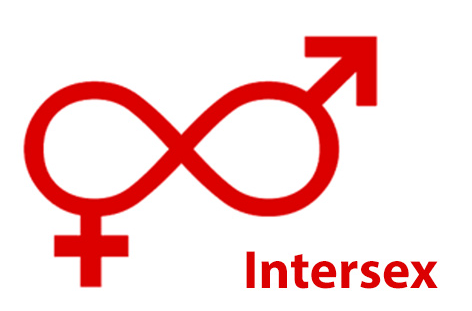Human Rights
UBOS To Excludes Intersex Individuals from Upcoming Census, Igniting Concerns Over Discrimination

In a recent confirmation to the Washington Blade, the head of Uganda’s Bureau of Statistics (UBOS) stated that intersex Ugandans will not be included in the national census scheduled to begin on May 10. This decision has sparked controversy and concern among human rights advocates, as inclusion in the census could have marked a significant step toward recognizing and addressing the challenges faced by intersex individuals in Uganda.
Chris Mukiza, UBOS Executive Director, commented that the bureau has “no business with intersex,” dismissing the need to count this group within the population. This exclusion occurs despite precedents set by other nations such as Kenya and Australia, which have included intersex people in their national censuses, helping to provide better data to support this marginalized community.
In Uganda, intersex persons continue to face significant stigma and discrimination. Unlike other minority groups, they are not recognized by the government as a distinct category deserving of rights and protections. This lack of recognition impacts their access to healthcare, legal rights, and social services, further marginalizing them within society.
The UBOS decision contrasts sharply with broader calls for equality and inclusivity from the prime minister’s office. Just recently, Dunstan Balaba, the permanent secretary of the prime minister’s office, emphasized the need for inclusive economic growth and the protection of marginalized communities. However, these proclamations have not translated into actions that include the intersex population.
Julius Kaggwa, an activist and founder of the Support Initiative for People with Atypical Sex Development (SIPD), has been vocal about the rights of intersex individuals. Founded in 2008, SIPD has worked tirelessly to educate the public, advocate for human rights, and push for necessary medical and psychological support for intersex people.
The organization has highlighted numerous human rights violations, including non-consensual medical surgeries, widespread discrimination, and the lack of legal protections. One of their key demands is the establishment of a central registry for intersex children to ensure they receive appropriate support from birth. Additionally, SIPD advocates for educational reforms to create a more inclusive environment in schools and for legal changes to allow intersex adults over 21 to amend their sex on official documents, a right currently restricted to those under 21.
The UBOS’s recent decision has underscored the urgent need for policy changes to recognize and protect the rights of intersex individuals. As Uganda prepares for its national census, the exclusion of intersex people from the count is a missed opportunity to understand and address their needs comprehensively. Advocates like SIPD continue to push for recognition, hoping that with increased awareness and understanding, future policy changes will reflect a more inclusive approach to all members of Ugandan society.
